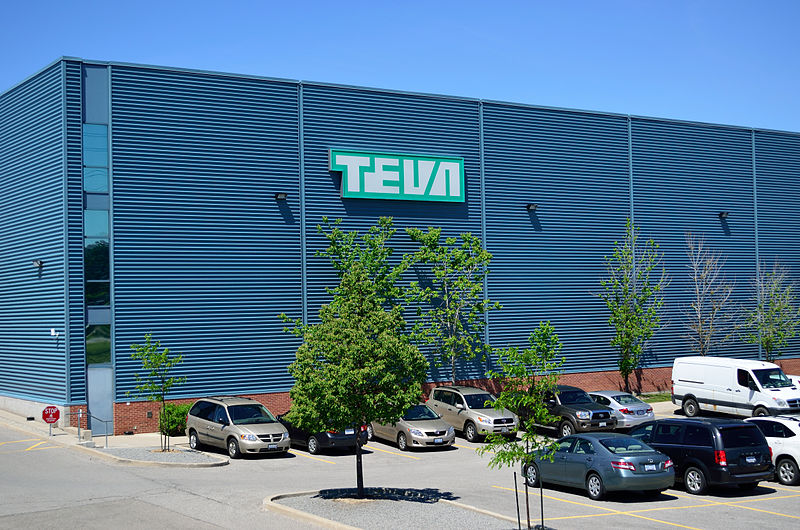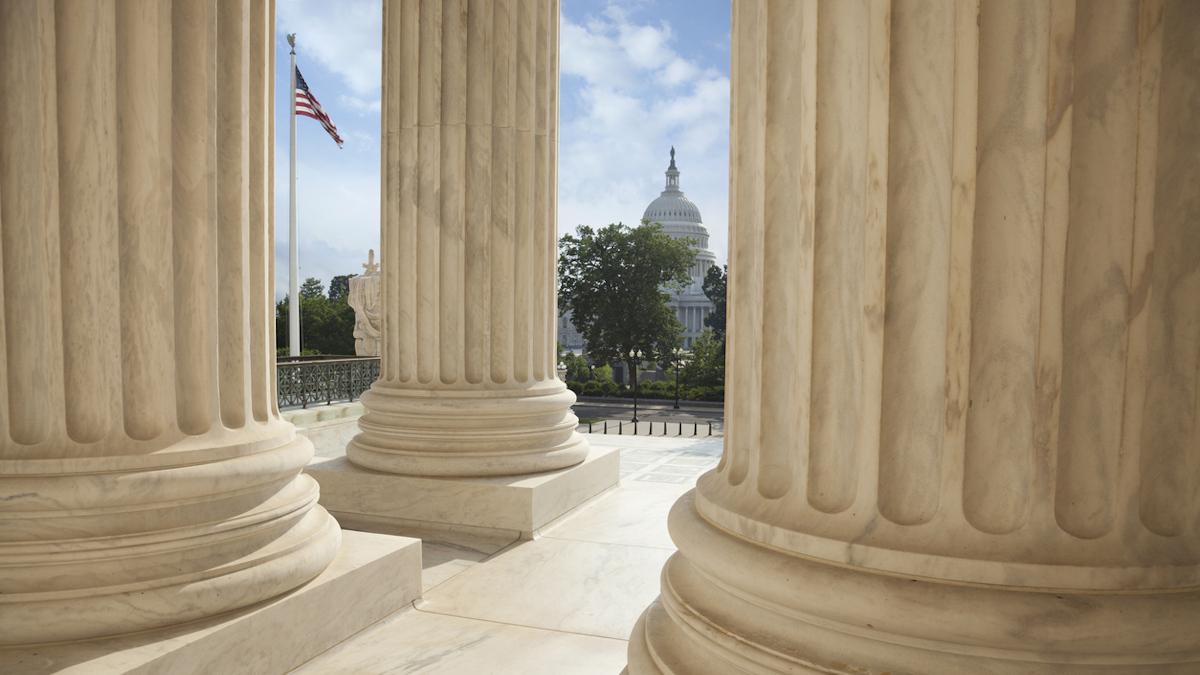Teva expands blood pressure drug recall in the US amid cancer fears

Teva has expanded a recall of losartan potassium tablets after tests revealed a potential human carcinogen in the blood pressure drug.
The Israeli pharma earlier this week recalled six lots of the drug containing unacceptable levels of a nitrosamine impurity.
This builds on a decision in April when Teva withdrew 35 lots after detecting the same impurity known as NMBA (N-Nitroso-N-methyl-4-aminobutyric acid).
According to a recall notice shared by the FDA, Teva had sold bulk lots of the drug to California-based Golden State Medical Supply.
The bottles were in sizes containing 30, 90 or 100 tablets.
People affected by the recall should continue taking their drugs and ask a doctor or pharmacist about alternatives or replacements, the FDA said.
This is because stopping the medication without replacement could cause more harm than continuing with the treatment course.
Teva needs to maximise its revenues to pay off huge debts it incurred when it acquired Allergan’s generics business in 2016 for $40.5 billion.
The company posted a loss for the first quarter of the year of $97 million, compared with a $1.1 billion profit in the first quarter of 2018.
Teva has seen falling sales in its generics business, which decreased by 11% compared to last year’s Q1, to $966 million.
It is also suffering because sales of its Copaxone (glatiramer acetate) multiple sclerosis drug are also dwindling after generics hit the US market several years ago.
On the positive side Teva, which has been under the leadership of CEO Kåre Schultz since late 2017, is hoping new branded drugs will help to boost revenues in the long run.
These are led by its migraine drug Ajovy (fremanezumab), which was approved in September last year.
Schultz has also been restructuring the business to cut costs, to prevent further losses being incurred during the fallow period until Ajovy’s revenues begin to show.
Sales of Ajovy in the first quarter were $20 million, and it faces competition from two other approved CGRP class drugs from Amgen/Novartis and Eli Lilly, and potentially from the small biotech Alder Biopharmaceuticals.












